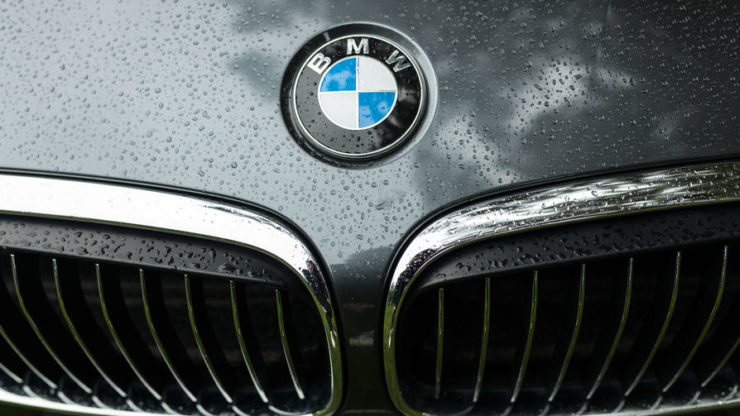Germany’s prestigious automotive industry, once celebrated globally for its exceptional quality and innovative design, is now grappling with significant issues.
Amidst fierce competition from Chinese electric vehicles and global economic fluctuations, German carmakers are facing mounting pressures.
The recent BMW braking scandal has underscored some of the industry’s self-inflicted wounds, revealing deeper systemic problems within this once-unassailable sector.
BMW’s braking fault
BMW’s braking scandal has shaken the industry, with the company now confronting the fallout from a serious manufacturing defect.
Customers first raised concerns about faulty brakes in June 2022.
It wasn’t until October of the same year, after multiple complaints, that BMW initiated a thorough review.
The investigation, concluded last month, identified a staggering 1.5 million affected vehicles.
The delay in addressing the issue is expected to cost BMW over $1 billion, marking a significant financial and reputational blow.
The fault was traced back to BMW’s Hungary plant, where dust particles on circuit boards led to unreliable brake performance.
While no serious incidents have been reported, the scale of the recall has stunned industry analysts.
Ferdinand Dudenhoeffer, Director at the Centre for Automotive Research in Bochum, described the situation as a major shock, emphasizing the severity of the issue.
Financial impact of the recall: more than $1 billion
The financial impact of the recall is projected to exceed $1 billion, compounded by the damage to BMW’s brand value and reputation.
The company has already adjusted its financial forecasts for the current quarter, reflecting a decrease in profit margins.
BMW is struggling to meet volume targets amidst stiff competition in China and the US. This crisis, coupled with the recall’s impact, further weakens the company’s financial standing.
What next for the German car industry?
BMW’s woes are emblematic of broader challenges facing the German car industry.
Audi, for instance, has faced significant backlash over its plans to close a factory, leading to protests from over 5,000 workers in Brussels.
The closure, driven by poor sales of the Audi Q8 e-tron model, reflects the industry’s struggle to adapt to shifting market demands.
Volkswagen, Audi’s parent company, is also considering closing several plants in Germany, highlighting the sector’s turbulent times.
As the market transitions from internal combustion engine vehicles to electric vehicles, Europe’s performance in this arena remains uncertain.
While current tariffs offer some protection, the rising quality and affordability of Chinese products could eventually erode German dominance in the automotive industry.
The post German carmakers face crisis: BMW’s braking scandal highlights industry challenges appeared first on Invezz

